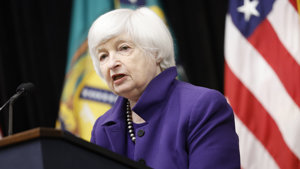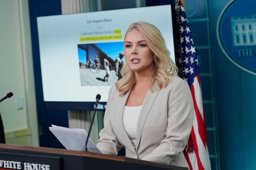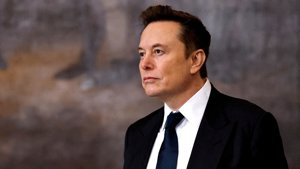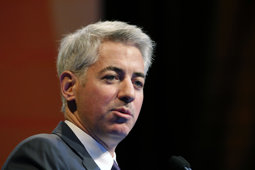
Canada Union Slams Trump Auto Tariffs
Canada’s largest private-sector union, Unifor, issued a strong rebuke on Thursday against United States President Donald Trump’s newly imposed 25% tariffs on foreign-made automobiles, accusing him of misunderstanding the economic relationship between the two countries.
Unifor National President Lana Payne said Trump “has convinced himself that, somehow, the jobs of Canadian autoworkers are his to claim.” She added, “We have built cars here for over a century, long before the US was our primary trade partner. I will state this as clearly and unequivocally as I can. These are not his jobs to take.”
Payne further warned that the tariffs would create widespread disruption for workers and consumers on both sides of the border. “President Trump fails to understand the chaos and damage this tariff will inflict on workers and consumers in both Canada and the United States,” she noted. According to Unifor’s website, the union represents over 320,000 workers across every major sector of the Canadian economy.
In response to mounting criticism from Canada and Europe, President Trump escalated tensions further by issuing a new threat. In a post on Truth Social, he warned that “far larger” tariffs could be introduced against both Canada and the European Union if they cooperate to undermine U.S. economic interests. “If the European Union works with Canada in order to do economic harm to the USA, large scale Tariffs, far larger than currently planned, will be placed on them both in order to protect the best friend that each of those two countries has ever had,” Trump wrote.
The threat follows condemnations from Canadian Prime Minister Mark Carney, European Commission President Ursula von der Leyen, and Japanese officials, all of whom expressed serious concern over the potential economic fallout from the U.S. administration’s protectionist policies.
With diplomatic relations strained, the standoff marks another sharp escalation in trade tensions between the United States and some of its closest allies, as global markets brace for the potential economic consequences of further tariff increases.






